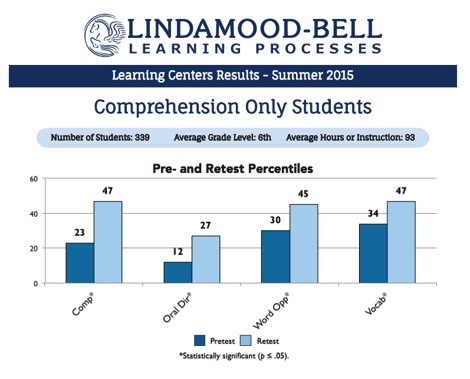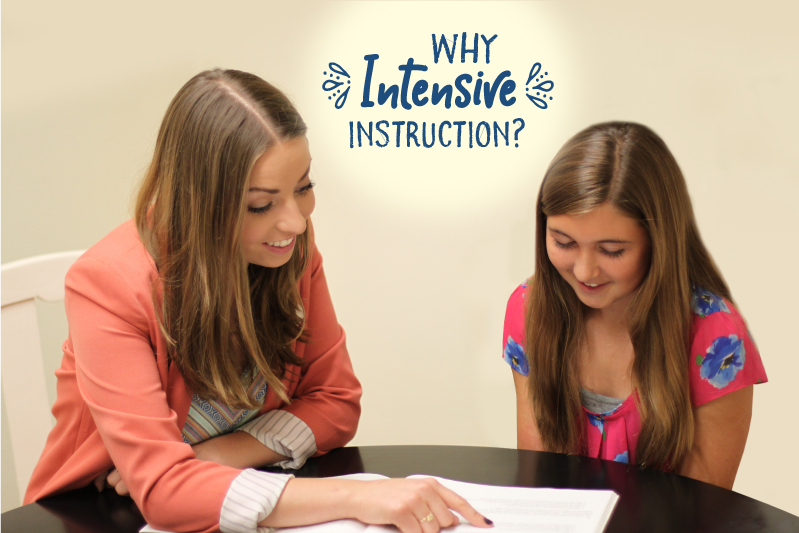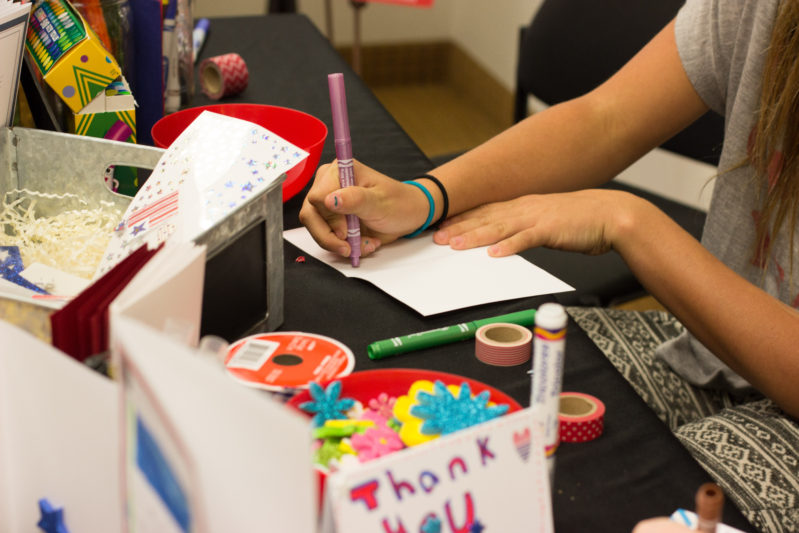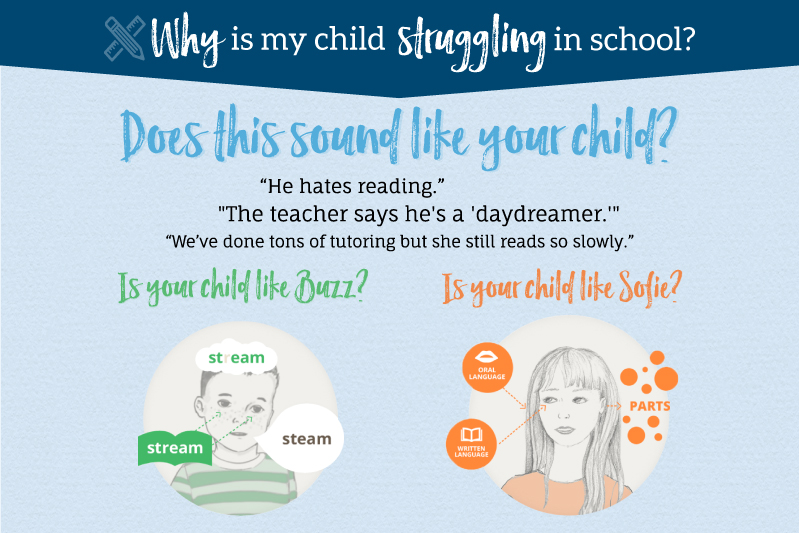
Kindergarten through high school, effective communication with your child’s teachers can contribute to school success. A shared view of your child’s strengths and challenges, goals for progress, and a workable plan, can pave the way for a great school year.
Yet, the anticipation of a parent-teacher conference can make some parents apprehensive. We have found that working out a plan for important school meetings can allay your worries and make the conference more productive. The parent-teacher conference can be a touchstone for a great year of communication—and learning.
Great Topics
Your child’s teacher will have an agenda for the meeting, but will typically set aside time for your questions and concerns. Before the meeting, identify topics you’d like to discuss. Not sure where to start? Ask your child what subjects or tasks are easiest and hardest, what activities they look forward to, and what about the school day they do not enjoy. You may learn a lot!
Consider, too, what you have observed during homework. For example, if word problems are a struggle during math homework—plan to mention this.
Also, it may be the right time to review the teacher’s information packet or website from back-to-school night. Specifically, the information about curriculum and academic goals might spur questions about your child’s progress. For example, if the teacher emphasized the writing process for the semester, and you are wondering how well your child is progressing—ask about it.
While it’s the teacher’s role to report on student progress, your topics will help the teacher better understand your child, and can lead to better communication throughout the year.
Great Questions
To learn the most you can from the meeting, compose specific questions ahead of time. Include questions about your child’s learning as applied to this year’s curriculum, especially concerning known weaknesses. For example, if your child has had difficulty with language comprehension in the past, you might inquire about their participation during class discussions about literature, or how well they are following instructions during science lab.
For many, the parent-teacher conference can be a timely opportunity to review homework expectations, including what your role should be in homework. Parents of grammar school students may want to ask: How much time does the teacher expect students to be spending nightly? Are parents expected to help? What about spelling correction? Would the teacher like feedback when an assignment took a lot of discussion to get going or if it kept them up late?
Great Plans
Make plans to address critical areas of concern that come out of the meeting. Jot down the actions that will be taken to address them, and by whom. Set a date for following up to check in on how the plan is working. Examples:
- “Ben(with Dad): Study for Friday spelling test 10 minutes every night. Not just night before!”
- “Mrs. Gray(Science Lab): Check in on Joseph when the class gets to work on experiments, see if he has questions.”
- “Parents: Look into after school help for Common Core Math homework.”
As appropriate, let your child know what was discussed in the meeting. Strengths, talents and favorite activities should be celebrated. And, discuss the plan for helping with the parts of school that aren’t great yet.
A Great Partner
Sometimes school challenges are a result of something else, and a typical plan, like “studying more consistently,” may not make enough of a difference. Your child’s teacher may suggest that you seek out some help. Or, as a parent, you may suspect your child is missing a piece that could make learning easier.
For example, a student struggling in language arts may have an underlying weakness in her language processing skills that is slowing reading down and is making every task more difficult. Students who are slowly sounding out words, rather than quickly recognizing them, have difficulty in visualizing letters in words. This is called weak symbol imagery—the ability to create mental imagery for sounds and letters within words. A significant number of students have difficulty with rapidly perceiving sounds in words and are slow to self-correct their reading errors. This causes weakness in:
- Memorizing sight words
- Sounding out words
- Orthographic awareness
- Phonemic awareness
- Contextual reading fluency
- Orthographic spelling
Another student might read fluently but have difficulty with understanding text. This student may have weak concept imagery—the ability to create an imagined or imaged gestalt (whole) from language. This weakness causes individuals to get only “parts” of information they read or hear, but not the whole. Weak concept imagery causes weakness in:
- Reading comprehension
- Listening comprehension
- Critical thinking and problem solving
- Following directions
- Memory
- Oral language expression
- Written language expression
These underlying abilities must be intact to access curriculum. While some students get help outside of school due to a diagnosed learning difficulty, many just need school to be easier.
The first step is to see what may be affecting your child’s performance in the classroom. At our learning centers, we identify strengths and weaknesses that may be affecting school performance in reading, comprehension, and math. Our instruction is based on an individual’s learning needs. During a consultation, we discuss an individualized learning plan to help improve grades and make learning easier. We offer several options for instruction:
- Intensive one-to-one instruction
- Paired instruction
- Online instruction
- Enrichment Instruction
- Homework Matters
- After School Instruction
- Lindamood-Bell Academy
To learn more about instruction options for your child, please contact one of our learning centers at 800.300.1818.





















